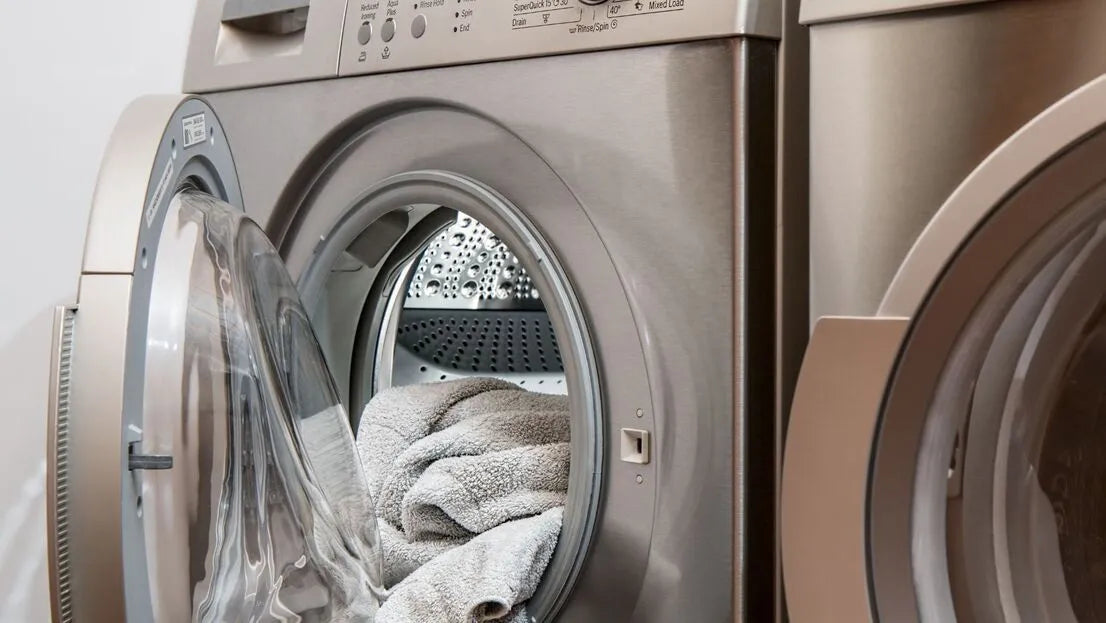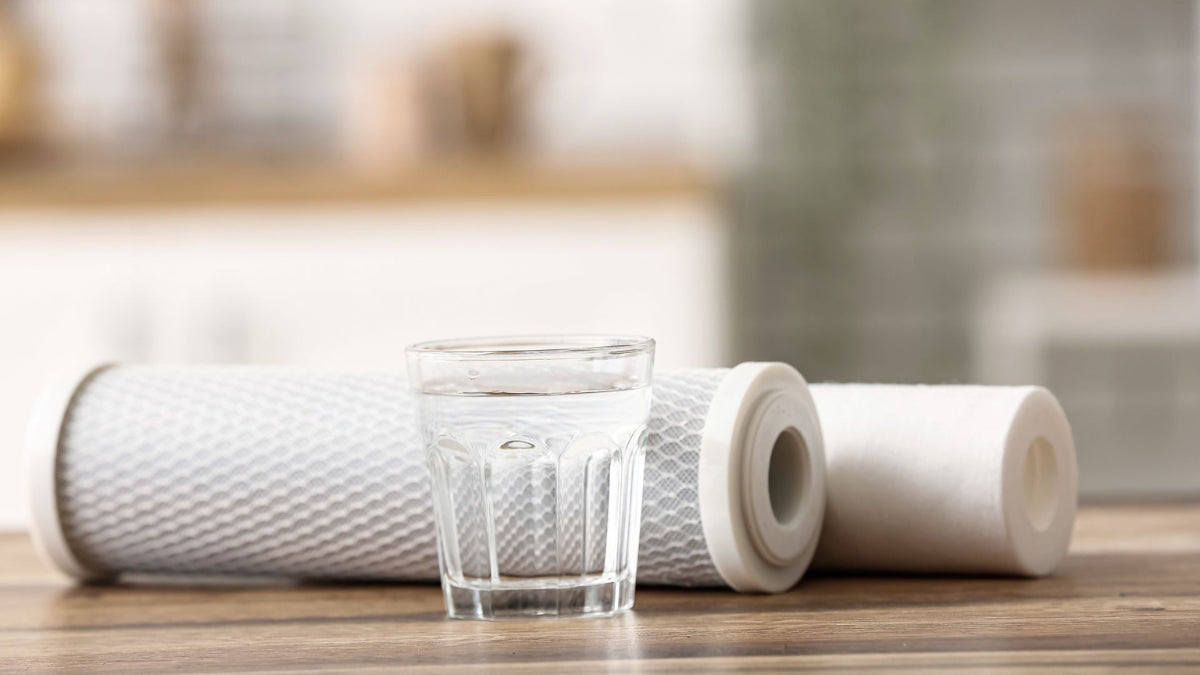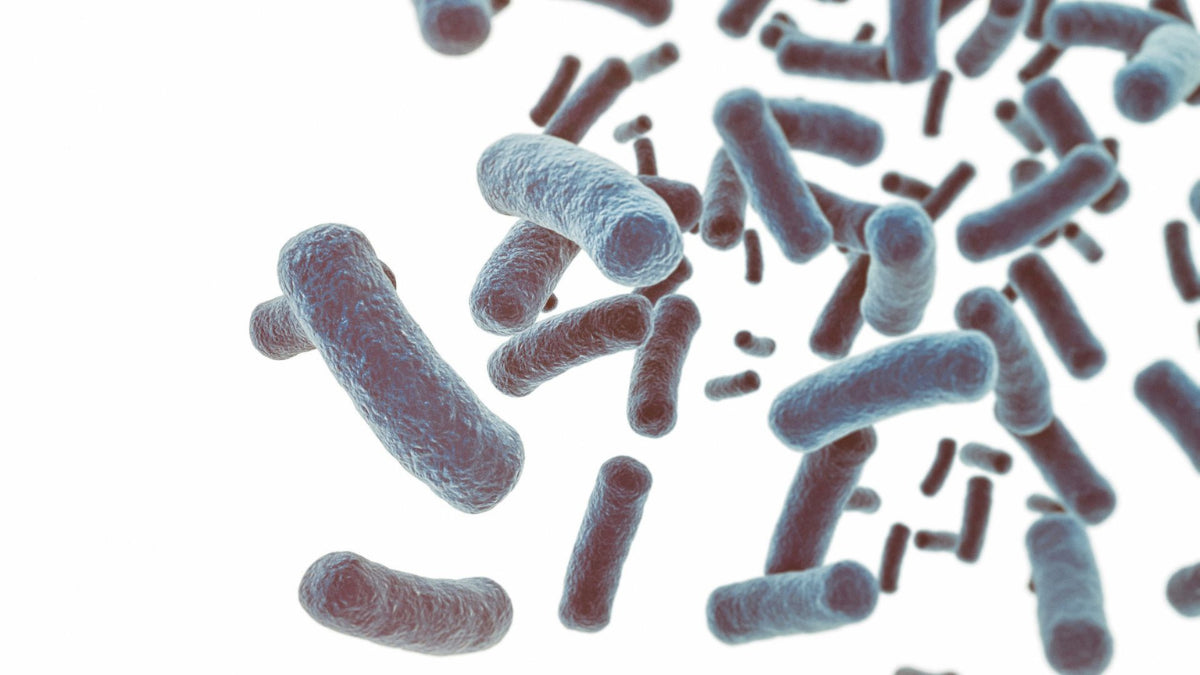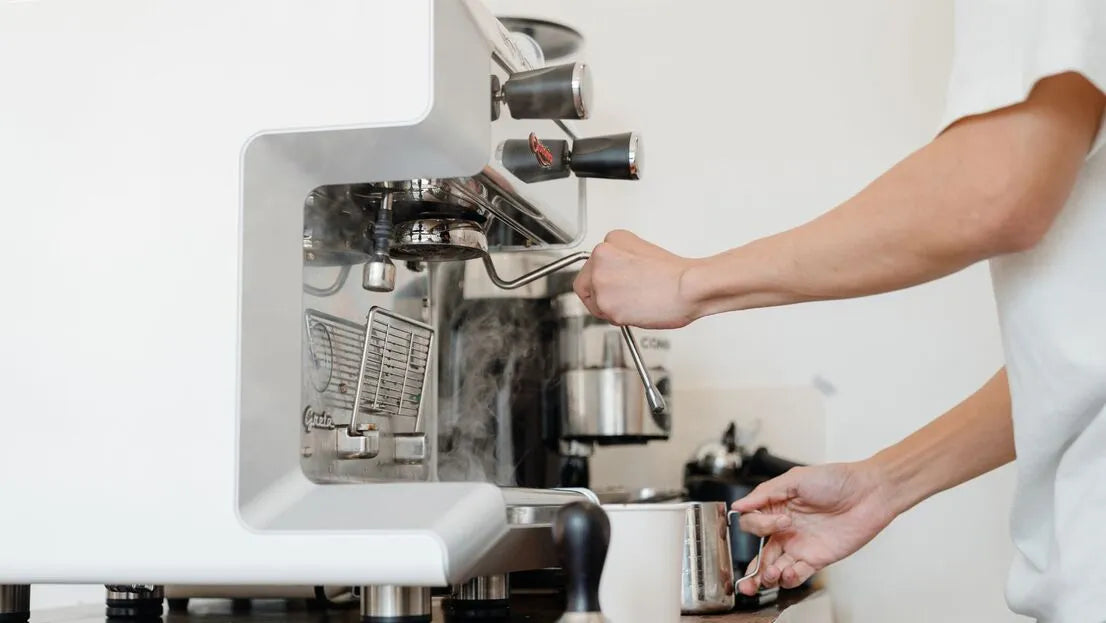Waschmaschine entkalken und neuem Kalk vorbeugen

Bild: Durch effektive Kalkschutzmaßnahmen steigt die Nutzungsdauer von Waschmaschinen.
Waschmaschinen gehören in den meisten Haushalten zur Grundausstattung und werden regelmäßig genutzt. Auch bei diesem Haushaltsgegenstand gilt: Er muss regelmäßig gereinigt werden, um Ihre Wäsche langfristig rein und strahlend zu erhalten. Auch die Waschmaschine zu entkalken ist eine Aufgabe, die nicht vernachlässigt werden sollte. Wir geben Ihnen wichtige Tipps, wie Sie eine verkalkte Waschmaschine erkennen, sie korrekt reinigen und neue Kalkablagerungen verhindern.
Muss man Waschmaschinen entkalken?
Die kurze Antwort: Ja, Sie sollten Ihre Waschmaschine in jedem Fall regelmäßig entkalken. Wie oft die Entkalkung Ihrer Waschmaschine angebracht ist, kommt auf zwei Faktoren an: Wie hoch ist die Wasserhärte in Ihrer Region und wie häufig lassen Sie Ihre Waschmaschine laufen? In Regionen mit mittelhartem und hartem Wasser (ab 8 °dH) empfehlen Experten, die Waschmaschine monatlich zu entkalken. Bei weichem Wasser (0 bis 7 °dH) reicht es in der Regel, das Gerät ein Mal jährlich zu entkalken. Bei häufigem Gebrauch ist es jedoch sinnvoll, diese Intervalle zu verkürzen. Die Entkalkung können Sie außerdem dazu nutzen, Ihre Maschine zu reinigen.
Verkalkte Waschmaschine: potenzielle Probleme
Leben Sie in einer Region mit hartem Wasser und entkalken Ihre Waschmaschine nicht oft genug, kann es durch die Verkalkungen zu einigen Schwierigkeiten kommen:
- erhöhter Energieverbrauch: In jeder Waschmaschine befindet sich ein Heizstab, der hinter oder unterhalb der Trommel eingebaut ist. Dieses elektrische Heizelement hat die Aufgabe, das Wasser in der Waschmaschine zu erwärmen. Verkalkt dieser Heizstab, benötigt die Maschine immer länger, um aufzuheizen. Dementsprechend wird mehr Energie benötigt und Ihre Stromrechnung erhöht sich.
- eingeschränkte Waschleistung: Kalkablagerungen in der Maschine führen außerdem dazu, dass sich die Waschleistung Ihrer Waschmaschine nach und nach verringert. Ihre Wäsche wird nicht mehr richtig sauber und Sie müssen einzelne Kleidungsstücke, zum Beispiel mit starken Verschmutzungen, unter Umständen mehrmals waschen.
- verringerte Lebensdauer: Langfristig schaden Kalkablagerungen der Maschine selbst. Auch die Rohrleitungen, die zur Waschmaschine hinführen, verstopfen durch Kalk, was im schlimmsten Fall zu Rohrbrüchen führen kann.
Woran erkennen Sie, dass Ihre Waschmaschine verkalkt ist?
Sie entkalken Ihre Waschmaschine bereits regelmäßig, sind sich jedoch nicht sicher, ob Sie die Reinigungsaktionen eventuell häufiger durchführen sollten? Diese Zeichen deuten darauf hin, dass Sie Ihre Waschmaschine in noch kürzeren Abständen reinigen sollten:
- sichtbare Ablagerungen: Befindet sich in Ihrer Waschmaschine Kalk, erkennen Sie dies eventuell an weißen Ablagerungen auf dem Metall der Trommel. Der Großteil des Kalks wird sich jedoch in den unsichtbaren Teilen innerhalb Ihrer Maschine ablagern, besonders am Heizstab.
- reduzierte Waschleistung: Fällt Ihnen auf, dass Ihr Gerät nicht mehr so gut wäscht wie früher, kann dies an Kalkablagerungen liegen. Ein weiterer Hinweis können weißen Flecken auf Ihrer Wäsche sein – besonders gut sichtbar sind diese auf dunkler Kleidung.
- unangenehmer Geruch: Auch ein unangenehmer Geruch, der aus der Waschmaschine strömt, kann ein Hinweis auf Kalkablagerungen und andere Verschmutzungen sein.
Wie entkalkt man Waschmaschinen?
Regelmäßiges Entkalken birgt für Sie eine Reihe von Vorteilen. Doch wie kann man eine Waschmaschine richtig entkalken? Für diesen Zweck gibt es verschiedenen Mittel, die Sie – entsprechend Ihrer Vorlieben und dem Verkalkungsgrad Ihres Gerätes – einsetzen können.
Hausmittel zum Entkalken
Gängige Waschmittel enthalten bereits Wasserenthärter wie Sikilate oder Citrate. Für eine gute Waschleistung wird deshalb empfohlen, bei hartem Wasser mehr Waschmittel zu verwenden. So können die Verkalkungen zwischen dem Entkalken in Schach gehalten werden. Geht es um größere Reinigungsaktionen ist Essig ein Hausmittel, das häufig zur Entkalkung empfohlen und eingesetzt wird. Zwar löst Essig effektiv Kalk, durch seinen hohen Säuregehalt besteht jedoch die Gefahr, dass er auf Dauer die empfindlicheren Teile der Waschmaschine, zum Beispiel Gummidichtungen oder Schläuche, angreift. Außerdem kann es passieren, dass Ihre Wäsche nach der Entkalkung mit Essig für einige Zeit einen säuerlichen Geruch hat. Eine weniger aggressive Alternative zu Essig ist Zitronensäure, die Sie als Pulver sowie als Flüssigkeit im Super- oder Drogeriemarkt kaufen können. Um die Waschmaschine zu entkalken, können Sie die Säure direkt in die Trommel geben.
Chemische Entkalker
Haben Sie mit hartnäckigen Kalkablagerungen zu kämpfen, ist es sinnvoll, auf chemische Entkalker speziell für die Waschmaschine zu setzen. Da diese Mittel explizit für diesen Zweck hergestellt werden, ist es außerdem einfacher, sie richtig zu dosieren. Diese Entkalker-Mittel erhalten Sie in der Drogerie oder im Supermarkt in Form von Flüssigkeiten, Pulvern oder Tabs.
Waschmaschine richtig entkalken: Step-by-Step-Anleitung
Möchten Sie Ihre Waschmaschine entkalken, gehen Sie wie folgt vor:
- Für die Rundum-Pflege Ihrer Waschmaschine sollten Sie sie vor der Entkalkung gründlich reinigen. Dazu gehören auch das Waschmittelfach und das Flusensieb.
- Geben Sie den Entkalker, sei es ein Hausmittel oder ein spezieller Reiniger, direkt in die Trommel der Waschmaschine. Bei Waschmaschinen-Entkalkern folgen Sie im Hinblick auf die Dosierung auf jeden Fall der Anleitung auf der Verpackung.
- Ist das Mittel in der Waschmaschine, starten Sie einen Kochwaschgang ohne Vorwäsche. Nutzen Sie zum Entkalken Zitronensäure, wählen Sie eine niedrigere Temperatur mit höchstens 40 °C.
- Ist die Höchsttemperatur des Waschgangs erreicht, empfiehlt es sich ihn, wenn möglich, für etwa dreißig Minuten zu pausieren. So kann der Entkalker einwirken und Ablagerungen effektiv lösen. Können Sie Ihre Waschmaschine nicht pausieren, wählen Sie einen möglichst langen Waschgang.
- Lassen Sie die Maschine nach dem Einwirken des Entkalkers wie gewohnt weiterlaufen.
Waschmaschine: Kalk vorbeugen durch Wasserenthärtung
Regelmäßiges Entkalken ist sehr wichtig, um die Waschleistung und die Langlebigkeit Ihrer Waschmaschine zu erhalten. Doch wenn Sie in einer Region leben, in der Wasser einen hohen Härtegrad hat, kann es Sie viel Zeit kosten, die Maschine alle paar Wochen zu entkalken. Abhilfe schaffen Wasserenthärtungsanlagen, die im Vorfeld verhindern, dass sich Kalk überhaupt in Ihren Geräten ablagern kann. Hier gibt es zwei gängige Verfahren: Bei Wasserenthärtungsanlagen mit Ionenaustauschern werden die Kalk-Moleküle, die aus Calcium und Magnesium bestehen, durch das Natrium ersetzt. Der Kalkgehalt des Wassers sinkt, dafür steigt der Natriumwert.
Alternativ können Entkalkungsanlagen mit Impfkristallbildung eingesetzt werden. Bei dieser Methode bilden sich im Wasser mikroskopisch kleine Kalkkristalle. Diese werden zu einem Anlagerungspunkt für den restlichen Kalk, der sich im Wasser befindet. Der Kalk lagert sich nicht länger an Rohren oder in Ihrer Waschmaschine ab, sondern wird bei jeder Wasserentnahme ausgespült.
Verkalkte Waschmaschinen vermeiden mit AQON PURE
Beugen Sie Kalk in der Waschmaschine aktiv vor: Kalkschutzanlagen von AQON PURE arbeiten nach dem Impfkristall-Prinzip und verringern Kalkablagerungen ohne laufende Kosten.
Läuft: In nur 2 Minuten zum Angebot - Optional mit Einbau zum Festpreis.
Darüberhinaus stehen Ihnen unsere Experten aus dem technischen Service persönlich per Telefon oder E-Mail auch für eine unverbindliche Beratung zur Verfügung. Kein Call-Center. Kein endloses Warten in einer Warteschleife.





